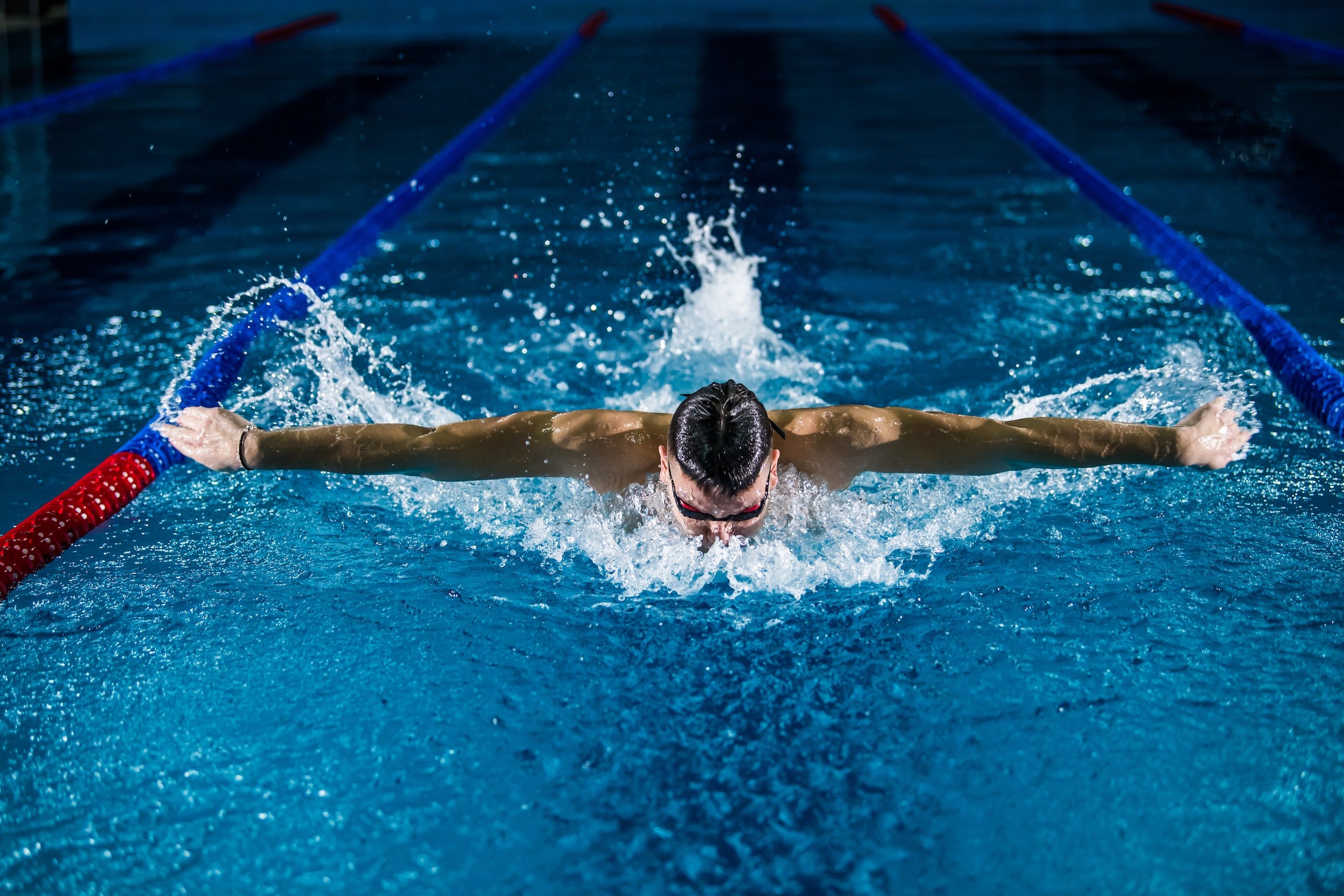
The Power of Mindfulness
for Athletes
What is mindfulness and why is it important for athletes?
Athletes are strivers. That’s what you know. You know to strive for improvement, skill mastery, winning, breaking records, getting to the next level.
As an athlete, once you achieve something, there seems to be a new thing to strive for.
This is one of the fulfilling aspects of sport and being an athlete. The striving. However, this constant striving can sometimes lead to anxiety, stress, and burnout.
Mindfulness is a crucial sport psychology technique for athletes to maintain their mental well-being and optimize their performance.
Understanding Mindfulness: A Game-Changer for Athletes
Simply, mindfulness is a mental state you attain by focusing your mind on the present moment.
It’s the practice of focusing the mind on the present moment without judgment. It involves observing thoughts, feelings, and surroundings with acceptance and allowing experiences to unfold naturally.
The benefits of mindfulness include:
Emotional regulation
Increased focus
Positive mindset
Letting go of negative thoughts
Calming the mind
Achieving flow state
The Core Principles of Mindfulness in Sports
There are 3 core principles that will allow athletes to train their mind in a way that allows them to bring their best consistently. It allows them to have confidence in their game, regulate emotions, and find flow more often. Let’s take a look at each principle.
Beginner’s Mind
The principle of the beginner’s mind means that every moment is brand new. This is such an important principle for athletes to learn because in sport (& life) there is no such thing as perfection. It’s important that they approach every moment in a competition as if it is brand new. They’re not hung up on what happened 5 minutes ago, yesterday, last inning, or in their warm up.
When athletes approach their game with a beginner’s mind they are focused on the present moment. They are able to focus on what they can do to be their best in each moment rather than dwelling on the past. As Ted Lasso would say, “Be a Goldfish.”, because a goldfish has a 3 second memory.
Acceptance
The principle of acceptance means that you are able to see things just as they are in the present without judgment. How many times have you performed a certain way, lost a game, or had a bad practice and you harshly judged yourself? You started to focus on everything that you did wrong or what you need to improve.
The principle of acceptance is about the difference between not liking something and harshly judging yourself or a situation. You can not like something and not judge yourself or the situation. But, when you harshly judge with criticism it creates resistance to the results you actually want. When there is resistance it’s a lot harder to make the changes you want to make. Change starts with acceptance. Resistance creates negativity, pressure, anxiety, frustration. Whereas acceptance creates optimism, freedom, enjoyment, motivation.
Non-Striving
The principle of non-striving means that you set goals, let them go, and focus on the journey or the process. So often we set goals and focus on the end result. But that means you are forgetting about the most important part, the present moment. What you do in the present moment (the journey to get you there) determines how, when, and if you achieve your goal.
A great example of this is when your team starts a new season. The goal is to make it to the playoffs. Then, you let it go and begin focusing on one day at a time, starting with the first preseason practice. Then, it’s the first preseason game, and so on. The journey is what gets you to the goal, not the goal itself.
Implementing Mindfulness Techniques for Optimal Performance
In order to put these principles into practice, we utilize various mindfulness techniques. These techniques help athletes train their minds to be present and embody the core principles of mindfulness.
In our work we’ll find the mindfulness techniques that you like and get you the results you want.
There are many different ways to use mindfulness, such as:
Meditation
Deep breathing
Journaling
Gratitude
Walking in nature
Mindfully performing a task (for example: paying attention to taste, texture, etc. when eating)
Single tasking (or not multitasking)
Being fully present in a conversation
Coloring, drawing, painting
When mindfulness techniques are used regularly and made a part of your routine you are instilling the 3 core principles into your mental game. You allow every moment to be new, you allow yourself to accept yourself and situations, and you focus on the journey. Which ultimately, allows yourself to find flow or get in the zone more often.
Achieving Flow State: The Pina Performance Coaching Approach
Mindfulness is a cornerstone of our program, helping athletes find their flow state and perform at their best consistently.
Athletes achieve peak performance when they are in flow. In flow, they’ve let go of winning and become completely absorbed in performing. There aren’t expectations. They are focused on the process in the present moment.
By incorporating mindfulness into their mental training regimen, athletes can enhance their performance, manage stress, and rediscover the joy in their sport.
Finding your flow and getting in the zone is available to you with mindfulness training. We’ll put in the mindful mental reps together in our 1:1 Mental Performance Coaching Program.
